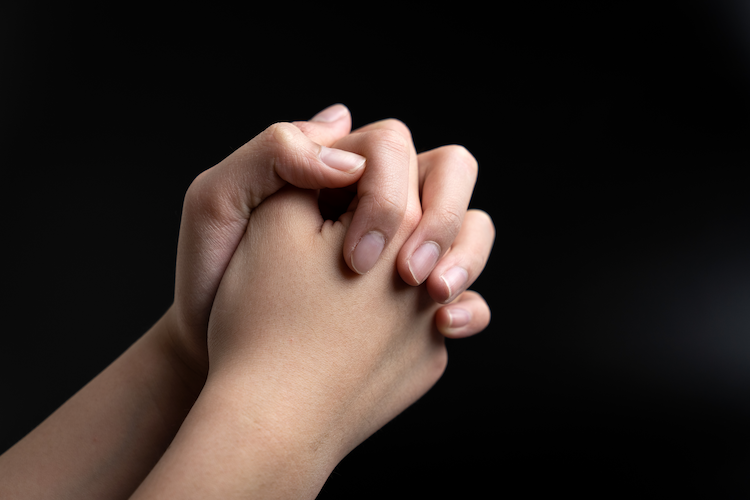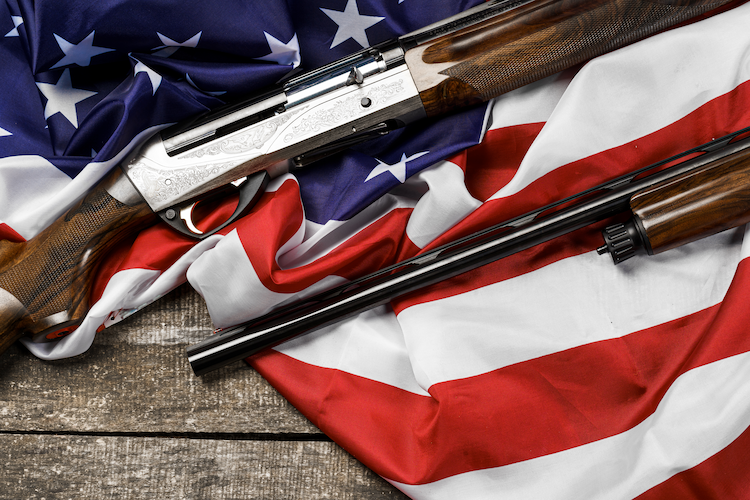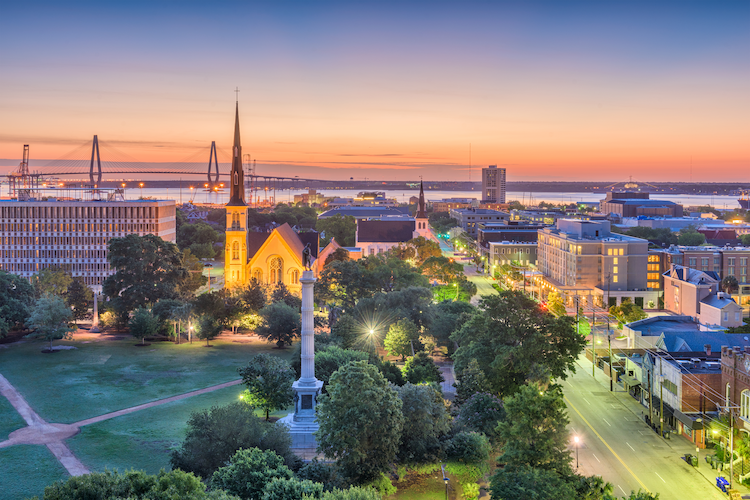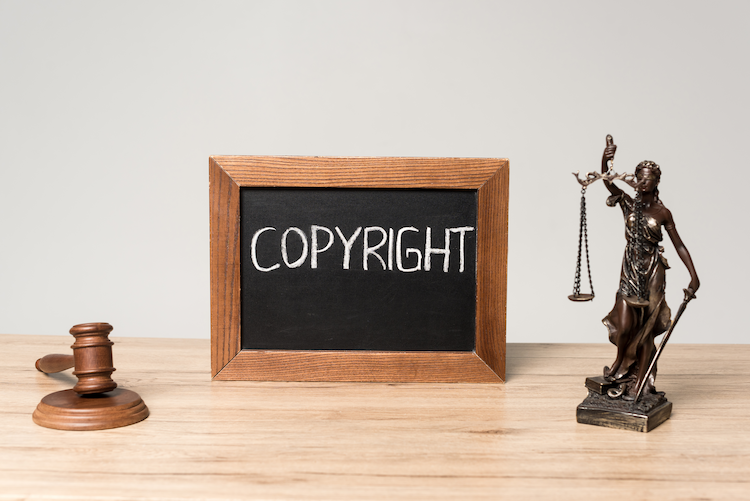SCOTUS to Take on Religious Rights in the Workplace

The U.S. Supreme Court has added another high-profile case to its docket, agreeing to address the religious rights of employees. The case, Groff v. DeJoy, centers on the “undue hardship” standard, which prohibits employers from terminating workers for practicing their religion unless the employer can show that the worker’s religious practice can’t “reasonably” be accommodated without “undue hardship.”
Facts of the Case
Plaintiff Gerald Groff is a Sunday Sabbath observer whose religious beliefs dictate that Sunday is meant for worship and rest. As a result, Groff informed his employer, the United States Postal Service (USPS), that he was unable to work on Sundays. USPS offered to find employees to swap shifts with him, but on more than twenty Sundays, no co-worker would swap, and Groff did not work. Groff faced progressive discipline and ultimately left USPS.
Pursuant to Title VII of the Civil Rights Act of 1964, employers are generally prohibited from discriminating against an individual because of his or her religion. Title VII defines “religion” to include “all aspects of religious observance and practice, as well as belief, unless an employer demonstrates that he is unable to reasonably accommodate to an employee’s or prospective employee’s religious observance or practice without undue hardship on the conduct of the employer’s business.”
Third Circuit’s Decision
The Third Circuit agreed that the USPS offered Gerald Groff an accommodation that failed to eliminate the conflict between his religious practice and job requirements. According to the appeals court, “[i]nterpreting ‘reasonably accommodate’ to require that an accommodation eliminate the conflict between a job requirement and the religious practice is consistent with the meaning of the word ‘accommodate.’”
However, the Third Circuit further found that Groff’s proposed accommodation of being exempted from Sunday work would cause an undue hardship under Trans World Airlines, Inc. v. Hardison, 432 U.S. 63 (1977), in which the Supreme Court stated that an employer suffers an “undue hardship” in accommodating an employee’s religious exercise whenever doing so would require the employer “to bear more than a de minimis cost.” Applying Hardison to the facts of the case, the Third Circuit concluded that “exempting Groff from working on Sundays caused more than a de minimis cost on USPS because it actually imposed on his coworkers, disrupted the workplace and workflow, and diminished employee morale…”
Issues Before the Supreme Court
Groff petitioned for certiorari, urging the Supreme Court to revisit Hardison’s “undue hardship” definition, citing that “Hardison has effectively nullified Title VII’s protection of religious employees and thereby eroded the Nation’s commitment to religious freedom and pluralism.”
The Supreme Court granted certiorari on January 13, 2023. The justices have agreed to consider the following questions:
1. Whether the court should disapprove the more-than-de-minimis-cost test for refusing religious accommodations underTitle VII of the Civil Rights Act of 1964stated inTrans World Airlines, Inc. v. Hardison; and 2. whether an employer may demonstrate “undue hardship on the conduct of the employer’s business” under Title VII merely by showing that the requested accommodation burdens the employee’s coworkers rather than the business itself. Oral arguments are scheduled for April 18, 2023. The Court is expected to issue a decision before the term ends in June.
Previous Articles
SCOTUS Sides With NRA in First Amendment Dispute
by DONALD SCARINCI on June 25, 2024
In National Rifle Association of America v. Vullo, 602 U.S. ____ (2024), the U.S. Supreme Court rul...
SCOTUS Rules Challenged South Carolina District Is Not a Racial Gerrymander
by DONALD SCARINCI on June 19, 2024
In Alexander v. South Carolina State Conference of the NAACP, 602 U.S. ____ (2024), the U.S. Suprem...
SCOTUS Holds No Time Limit for Damages Under Copyright Act
by DONALD SCARINCI on June 17, 2024
In Warner Chappell Music, Inc. v. Nealy, 601 U.S. ____ (2024), the U.S. Supreme Court held that the...
The Amendments
-
Amendment1
- Establishment ClauseFree Exercise Clause
- Freedom of Speech
- Freedoms of Press
- Freedom of Assembly, and Petitition
-
Amendment2
- The Right to Bear Arms
-
Amendment4
- Unreasonable Searches and Seizures
-
Amendment5
- Due Process
- Eminent Domain
- Rights of Criminal Defendants
Preamble to the Bill of Rights
Congress of the United States begun and held at the City of New-York, on Wednesday the fourth of March, one thousand seven hundred and eighty nine.
THE Conventions of a number of the States, having at the time of their adopting the Constitution, expressed a desire, in order to prevent misconstruction or abuse of its powers, that further declaratory and restrictive clauses should be added: And as extending the ground of public confidence in the Government, will best ensure the beneficent ends of its institution.




